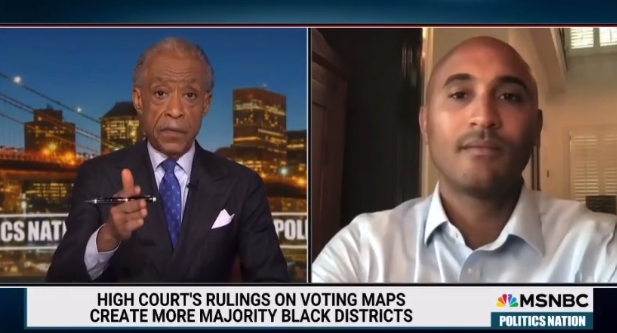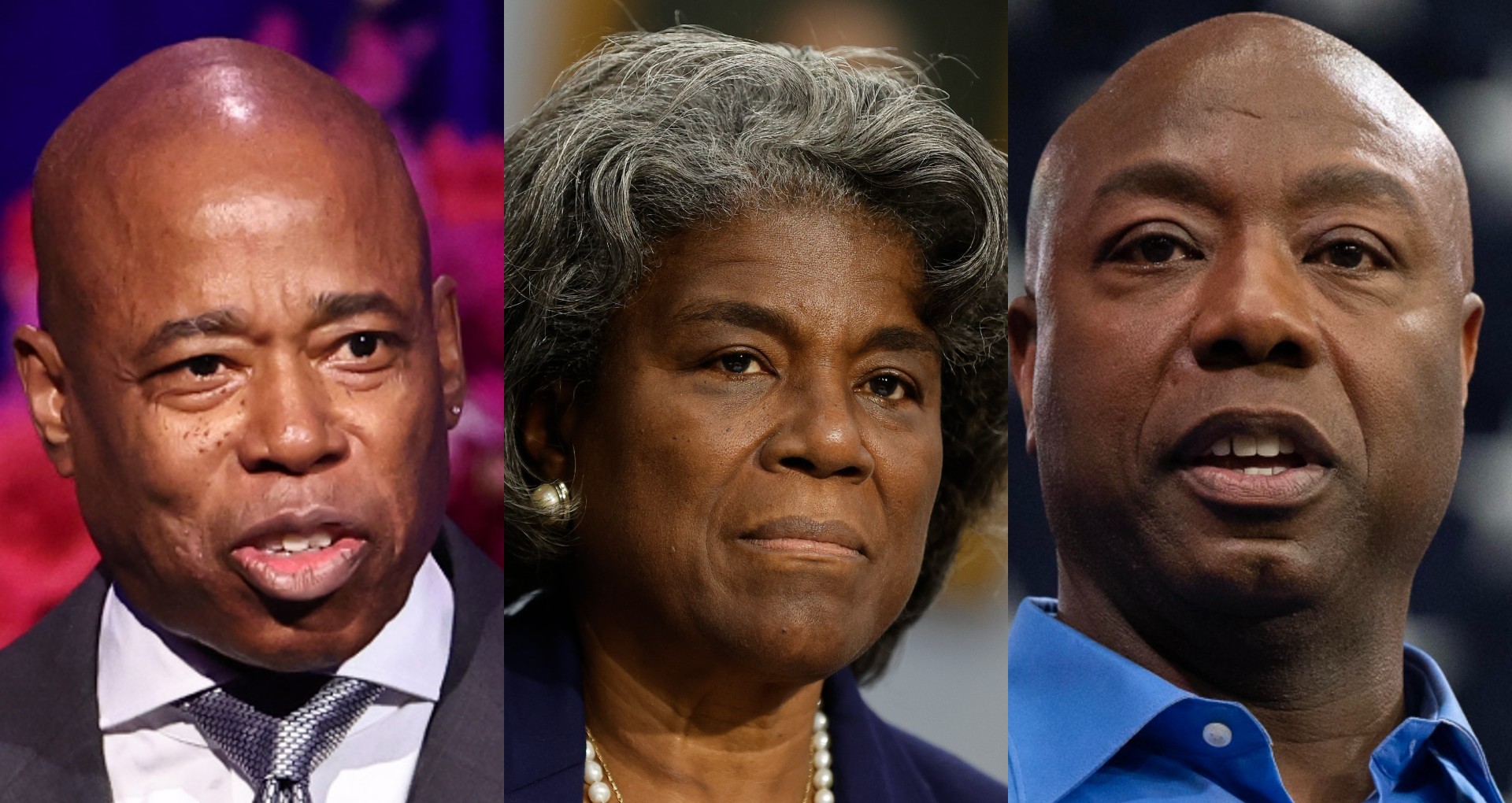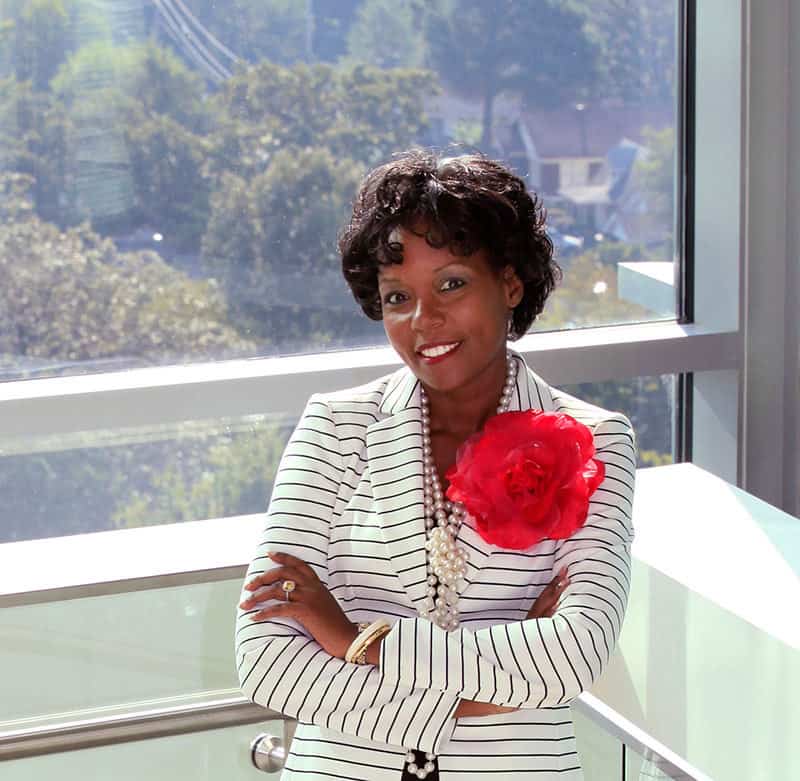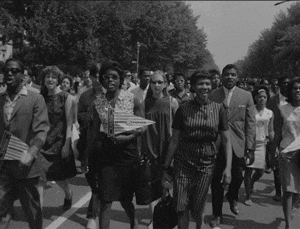- BlackVoter.Org
- Posts
- BLACKVOTER.ORG #66
BLACKVOTER.ORG #66
Empowering Awareness: Stay Grounded With Blackvoter.org Newsletter!



Organizations that focus on voter outreach are facing significant challenges in several Republican-led states due to newly passed laws. These laws, enacted after the 2020 presidential election, have essentially criminalized much of the work done by these groups.
One example is the Equal Ground Education Fund, which was able to hire over 100 people to go door-to-door and register voters in Florida during the previous election. However, a state law passed in 2023 has now forced them to stop in-person registration, drastically reduce their staff, and suffer from a significant decrease in funding.
As a result, these organizations are uncertain about the extent of their operations for the upcoming elections. These challenges highlight the larger issue of voter suppression and the barriers faced by those working to ensure fair and accessible elections.

In the upcoming 2024 elections, college students may encounter a new obstacle: gerrymandered campuses. Gerrymandering is when state legislatures intentionally manipulate district borders to alienate certain groups of voters, and in recent years, college communities have become targets.
Republican efforts to fracture campuses and impose new voter restrictions are aimed at suppressing the votes of college students, who tend to vote for Democratic candidates and liberal causes. Splitting college campuses into multiple districts not only hinders collective action and community building among students but also fosters confusion and discourages voter turnout.
It is important for college students to understand their district maps and to actively engage in the political process to counter the impact of gerrymandering. Despite the barriers, young voters have shown their power in recent elections and continue to exert their political influence.

Shomari Figures, the Democratic nominee for Alabama's 2nd Congressional District, has announced endorsements from Planned Parenthood, the Congressional Black Caucus PAC, and the New Democrat Coalition Action Fund. Figures aims to increase the number of Black members in Congress and represent the needs and interests of the Black community.
This election is seen as "mission critical," as winning in the district would be historic and give a stronger voice to marginalized communities. Despite the district leaning Democratic, Figures warns against complacency and emphasizes the need for an active campaign.
Figures, who has experience working in the federal government under President Obama, will face Republican nominee Caroleene Dobson in November. This race is one of eleven House races to watch, according to Reuters.

In an exciting upset, Lauren Ashley Simmons has defeated Democratic Rep. Shawn Thierry in the Texas primary election.
The race between Simmons and Thierry became a test of whether Democratic lawmakers who do not fully support LGBTQ+ causes can maintain their standing with their own party's voters. Thierry had faced criticism from her party after voting on bills that were opposed by the LGBTQ+ community, including a measure barring gender-transitioning care for minors.
Simmons, a labor organizer, capitalized on this discontent and received support from prominent Houston Democrats. With her victory, Simmons will now face Republican Lance York in the November general election.
The district they are vying for leans heavily Democratic, making it a crucial race in the competitive Texas political landscape.

In an interview with Alessandra Harris, writer and novelist, Josiah R. Daniels explores Harris' new book, "In the Shadow of Freedom," and her views as a Black Catholic on the experience of Black people in America.
The book examines the concept of "neoslavery" and offers an alternative vision of a free and equal society. Harris draws on Catholic social teaching, sociology, and the history of the Black radical movement to provide a comprehensive analysis of the ways in which Black people continue to experience unfreedom in the United States.
The interview highlights the need for dialogue and action to address racism and inequality in American society, and emphasizes the importance of understanding and acknowledging the historical and systemic factors that contribute to these issues. Harris also discusses her involvement with Black Catholic Messenger, a news site dedicated to serving the Black Catholic community, and her experiences with racism in the Catholic Church.
Overall, the interview sheds light on the ongoing struggle for racial justice and the need for hope and action in the face of adversity.

In this article, the author highlights the contradictory stance of Donald Trump on drug penalties. While criticizing Joe Biden for his history as a drug warrior and supporting harsh laws that disproportionately affect black communities, Trump himself has a platform that threatens defendants with death.
The author points out that Trump has been practicing this dance for a while, attacking Biden from the left on drug policy to attract support from African Americans and white moderates troubled by Biden's criminal justice record. Trump has also commuted the sentences of nonviolent drug offenders and supported prison reforms.
However, the author argues that Trump's support for sentencing reform did not yield the political benefit he expected, possibly due to the contradictory messages he sends. Ultimately, the article suggests that voters may notice Trump's incoherence and question his stance on drug penalties.

In this op-ed, the author questions the role of Black leaders in positions of power. They argue that having Black faces in high places is meaningless if they do not actively work to dismantle oppressive systems.
The author references instances where Black leaders, such as U.S.
Ambassador to the United Nations Linda Thomas-Greenfield and New York City Mayor Eric Adams, have supported policies that harm marginalized communities. They argue that these leaders prioritize their personal interests and maintaining the status quo over serving the people.
The author calls for Black leadership that is guided by ethics, morals, and social responsibility. They argue that true leadership is about freeing others and empowering them, not just advancing one's own career.
Overall, the author calls for accountability and demands that Black leaders actively work for systemic change.

Phyllis Dickerson, CEO of the African American Mayors Association (AAMA), recently spoke with Kevin Hooks on his show "Equity in Focus" about the influential work of African American mayors. Dickerson, who transitioned from a career in fashion to city government, emphasized the impact that mayors can have in addressing systemic issues and community challenges.
She highlighted initiatives such as Axon's provision of body cameras and tasers to enhance transparency in policing and Bloomberg's Greenwood Initiative, which tracks homeownership rates among African Americans. Dickerson also discussed the unique pressures faced by African American mayors, who must manage administrative responsibilities while navigating racial dynamics.
She emphasized the solidarity among mayors and called on the younger generation to engage in politics and contribute to leadership and innovation. The interview shed light on the necessity for proactive, empathetic leadership that addresses the needs of all community members.
According to a new Rasmussen survey, 70% of voters believe that politicians discuss racial issues for the sole purpose of getting elected, while only 18% believe that these issues are raised to address real problems. The survey also found that 42% of voters feel that racial issues are raised too much in political campaigns, compared to 21% who believe they are discussed too little.
The survey reveals a partisan divide, with 82% of Republicans, 55% of Democrats, and 74% of unaffiliated voters believing that politicians bring up racial concerns just to be elected. Additionally, 43% of respondents say that historically, Democrats have done more for Black Americans, while 38% believe Republicans have been better for the community.
However, only 28% of respondents believe that the GOP has done more for Black Americans in 2020. The survey, conducted by Rasmussen Reports, interviewed 1,113 likely U.
S. voters and has a margin of sampling error of plus or minus 3 percentage points.

Thank you |
Please support |
"Introducing 'Knox Discovers Democracy' – a delightful journey through the USA political process tailored for young children. Join Knox as he embarks on an adventure to learn about democracy, elections, and the power of voting. Through colorful illustrations and engaging storytelling, children will explore the importance of civic engagement and discover how their voices can shape the future. Get ready to inspire the next generation of active citizens with Knox's empowering tale!" Free ebook download Link below |
